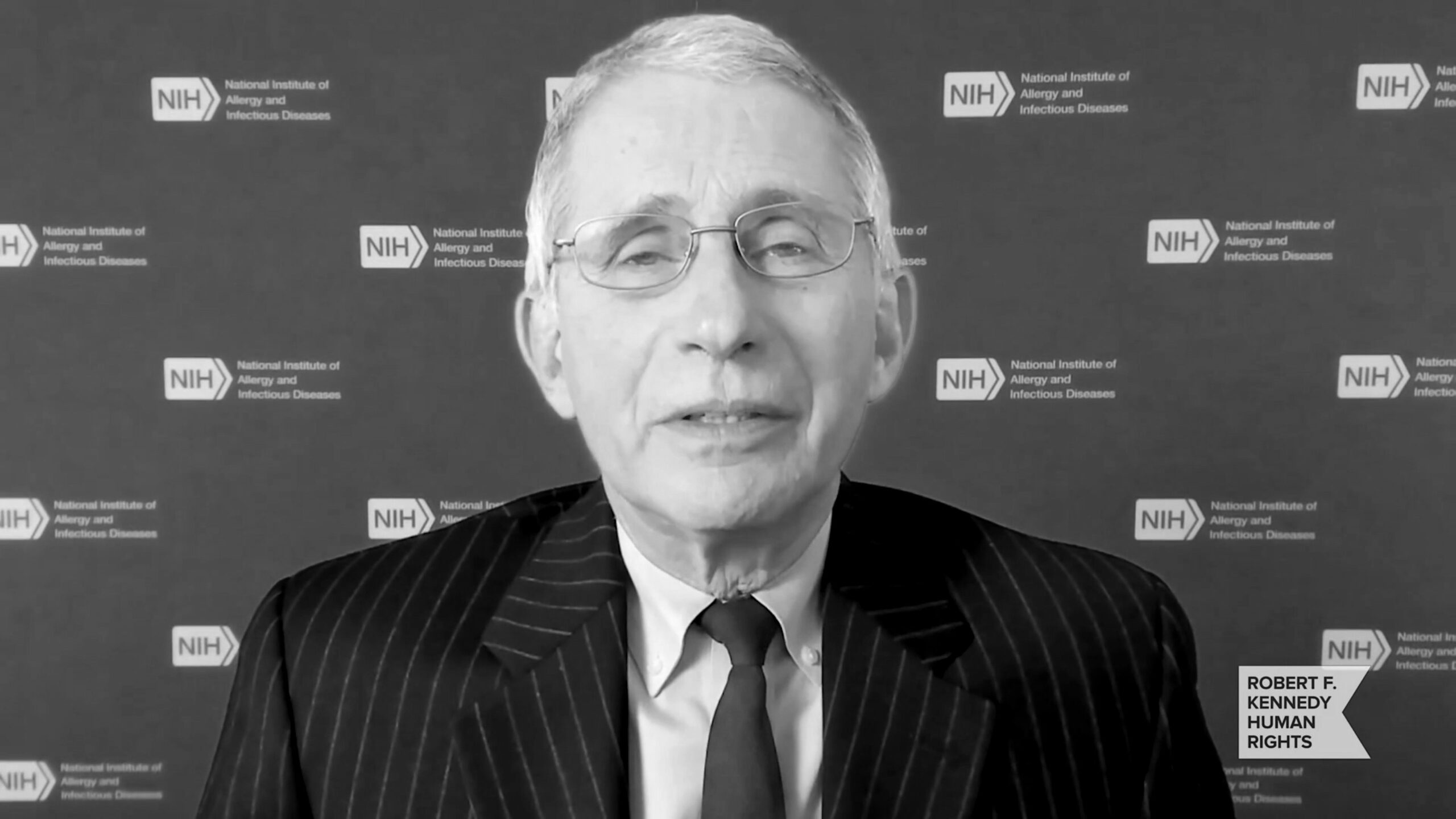
Anthony Stephen Fauci was born in Brooklyn, New York, in 1940 to parents of Italian ancestry. Young Tony worked in the family drugstore, attended Catholic schools, and was influenced by the Jesuit value of service to others. He graduated from Cornell University Medical College in 1966.
In 1968, Dr. Fauci joined the National Institutes of Health in Bethesda, Maryland, in the Laboratory of Clinical Investigation, part of the National Institute of Allergy and Infectious Diseases (NIAID). He began treating patients with autoimmune diseases and consulting with physicians at the National Cancer Institute. Fauci got the idea that if he used lower doses of drugs that killed cancer cells on his patients with autoimmune diseases, he could suppress their abnormal immune responses without destroying their immune system. This led to historic breakthroughs in treatment.
Dr. Fauci was named to head the new Laboratory of Immunoregulation in 1980, at a time when NIAID was facing a devastating new public health crisis. Large numbers of patients—mostly young men—were diagnosed with acquired immunodeficiency syndrome (AIDS), traced to a previously unknown human immunodeficiency virus (HIV). In 1984, the height of the epidemic, Fauci accepted the directorship of NIAID, provided he could continue seeing patients and conducting his research. He opened his doors to AIDS advocates, including his harshest critic, playwright and activist Larry Kramer. He traveled the country to meet with AIDS patients and their physicians and created new channels of access to experimental drugs. And he pressed the White House and Congress for an increase in funding for research and treatment.
Within 20 years of taking the reins of NIAID, Fauci had secured a thousandfold increase in the institute’s funding. Working with President George W. Bush, he helped create the President’s Emergency Plan for AIDS (PEPFAR) to address the HIV/AIDS pandemic in Africa. To date, the program has saved millions of lives throughout the developing world. Among his many awards are the National Medal of Science (2005) and the Presidential Medal of Freedom (2007).
As director of NIAID and chief of the Laboratory of Immunoregulation, Dr. Fauci continues to oversee research on HIV/AIDS, malaria, and tuberculosis, as well as autoimmune disorders, asthma, and allergies. But he is undoubtedly best known for standing on the front line of the fight against the novel coronavirus COVID-19. In 2020, as concern mounted over the spread of the virus, he took the lead in mobilizing American science to confront a deadly threat. As the virus spread worldwide, the government’s response became a subject of partisan debate. Fauci advocated closing many nonessential businesses and limiting public gatherings to minimize transmission of the disease. As he became the public face of science and the medical profession in addressing the pandemic, he was criticized by those who favored a less aggressive strategy. Fauci stood his ground and remained in his post throughout the administration of President Donald Trump.
Anthony Fauci continues to serve as director of NIAID and as chief medical adviser to President Joe Biden. He has been dubbed “America’s doctor” and is among the most highly cited medical researchers of all time.

